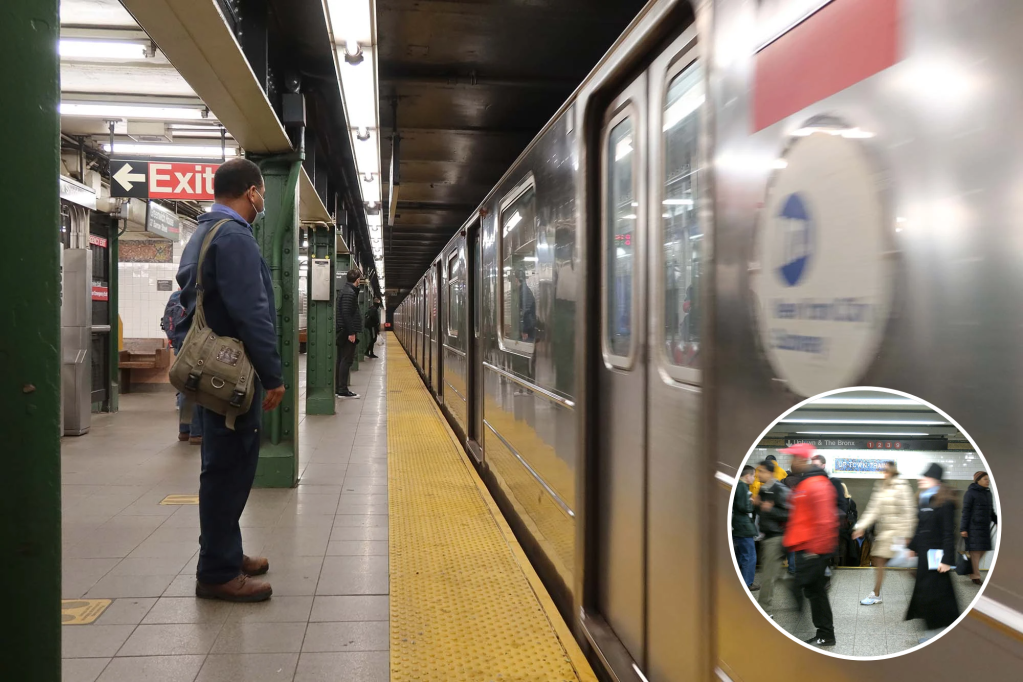Multiple subway lines will be out of commission for the first workday of the year on Monday as COVID-19 surges among the MTA’s workforce, transit officials said.
Officials took the B, W and Z trains out of service last week to cope with the spike in virus cases and they will remain shuttered on Monday, Transportation Authority rep Aaron Donovan said. Express trains that typically skip those stations will make local stops.
“Like every business and agency in the region, the MTA is navigating through a spike in workforce positive COVID test results,” Donovan said in a statement. “The Authority is proactively managing to ensure continuation of reliable service 24/7 to every subway station.”
Other train and bus routes have also suffered delays and cancellations, according to the MTA’s public social media feeds. Friday alone saw 56 scheduled bus runs canceled on the @NYCTBuses Twitter account.



Transit officials have declined to say how many workers have been sidelined by Omicron. Sources across the authority estimate the number to be several thousand.
“The infection rate is very high,” said one insider. “It doesn’t take Dr. Fauci to know that.”
Sick employees have been met with wait times as high as six hours on the MTA’s COVID-19 hotline, sources said, which they must call to report virus symptoms. Officials eventually upped the number of hotline personnel and added a second phone number and email address for workers to contact, transit sources said.
The same hotline also crashed in March 2020, when at least 8,700 employees missed work due to either having or being exposed to COVID-19. Low workforce availability forced the MTA to scale back service, leading to longer wait times for riders.


Call line wait times were no more than five minutes on Sunday, the MTA said.
“When there are operational issues that create hiccups for employee hotline information service, we fix them and continue to provide all necessary support,” Donovan said in a statement.
Workers contracting COVID is just one source of the MTA’s staffing woes. The authority is already down on bus and train operators due to a pandemic hiring freeze that officials do not expect to have recovered from until well into the new year.
Unlike city employees, employees of the state-run MTA are not required to be vaccinated. Gov. Kathy Hochul and MTA leaders in November — before the Omicron wave hit — defended that approach by pointing to low in-house COVID positivity rates.
Subway ridership dropped in the last two weeks of 2021 after hitting pandemic era highs earlier in December, according to publicly-available data. The MTA — whose financial future depends on rider fares — reverted its own desk workers to working from home part-time through Jan. 15, according to a company wide memo obtained by The Post.
More than 170 MTA employees have died from COVID-19 since the start of the pandemic.
